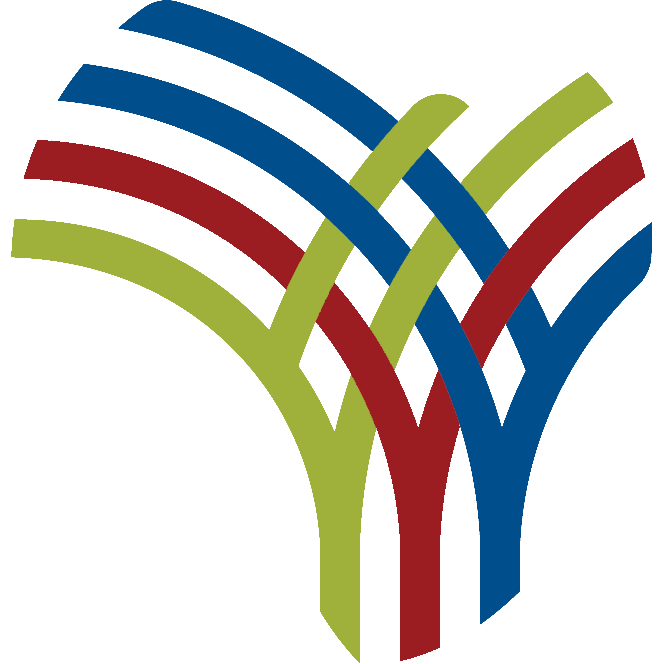The government last week secured a $130m (Shs472b) loan syndicated by local commercial banks as its initial financial commitment to the proposed East African Crude Oil Pipeline (EACOP) to run from Hoima in mid-western Uganda to the Tanzanian Indian Ocean port of Tanga.
Of the $130m, $70m (Shs254b) is the first instalment of the $233.5m (Shs848b) and $60m (Shs220b) was to offset historical costs; expenses met previously by French Total E&P in pre-project construction activities. Uganda’s equity stake in the pipeline is 15 per cent, equivalent to $233m.
The commitment of the money by March 25 was a pre-condition to signing the remaining three agreements to commercialise the pipeline, and tentatively close the Final Investment Decision (FID). Hence, government had to scramble around to raise the money.
The signing of the agreements had been scheduled for March 22 but was deferred to this month–now scheduled for April 11– to allow the mourning of Tanzanian president John Magufuli.
Initially, according to people familiar with the matter, government planned to issue an infrastructure bond–a debt instrument to raise funds from the capital markets for infrastructure projects–but officials said it "did not act fast thinking that negotiations on the agreements would drag on as they have."
"Things happened so fast to this point, and we had to quickly raise the $130m by the time of signing or at least have a commitment," one official intimated. "The infrastructure bond, which was our plan, needed time to carefully structure; we did not have that time."
After negotiations inside the cloistered halls of the Treasury, Finance minister Matia Kasaija late last month hurriedly tabled before Parliament a supplementary request to borrow $130m which was first rejected by Members of Parliament (MPs) but Speaker of Parliament Rebecca Kadaga forwarded the request to the committee on national economy to have it scrutinised.
French Total E&P owns a majority shareholding in the pipeline with 72 per cent, followed by the Uganda National Oil Company (Unoc) with 15 per cent, Chinese Oil Company–Cnooc with 8 per cent, and Tanzania through its national oil company, TPDC, with 5 per cent. The capex for the project is $3.8b (Shs13.8 trillion).
This shareholding, the official further indicated, "is unique in its way so we had to avoid raising money through our traditional means"–borrowing from multilateral or bilateral lenders.
These often come with a host of stringent conditions, including waiving sovereign immunity, and in other instances dictate Engineering, Procurement, and Construction (EPC) […]
